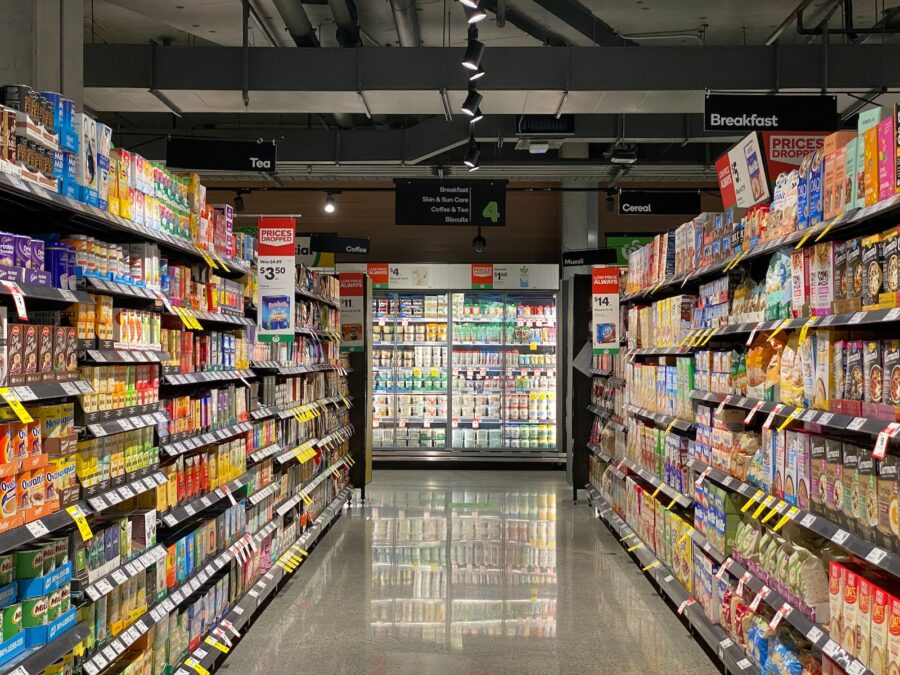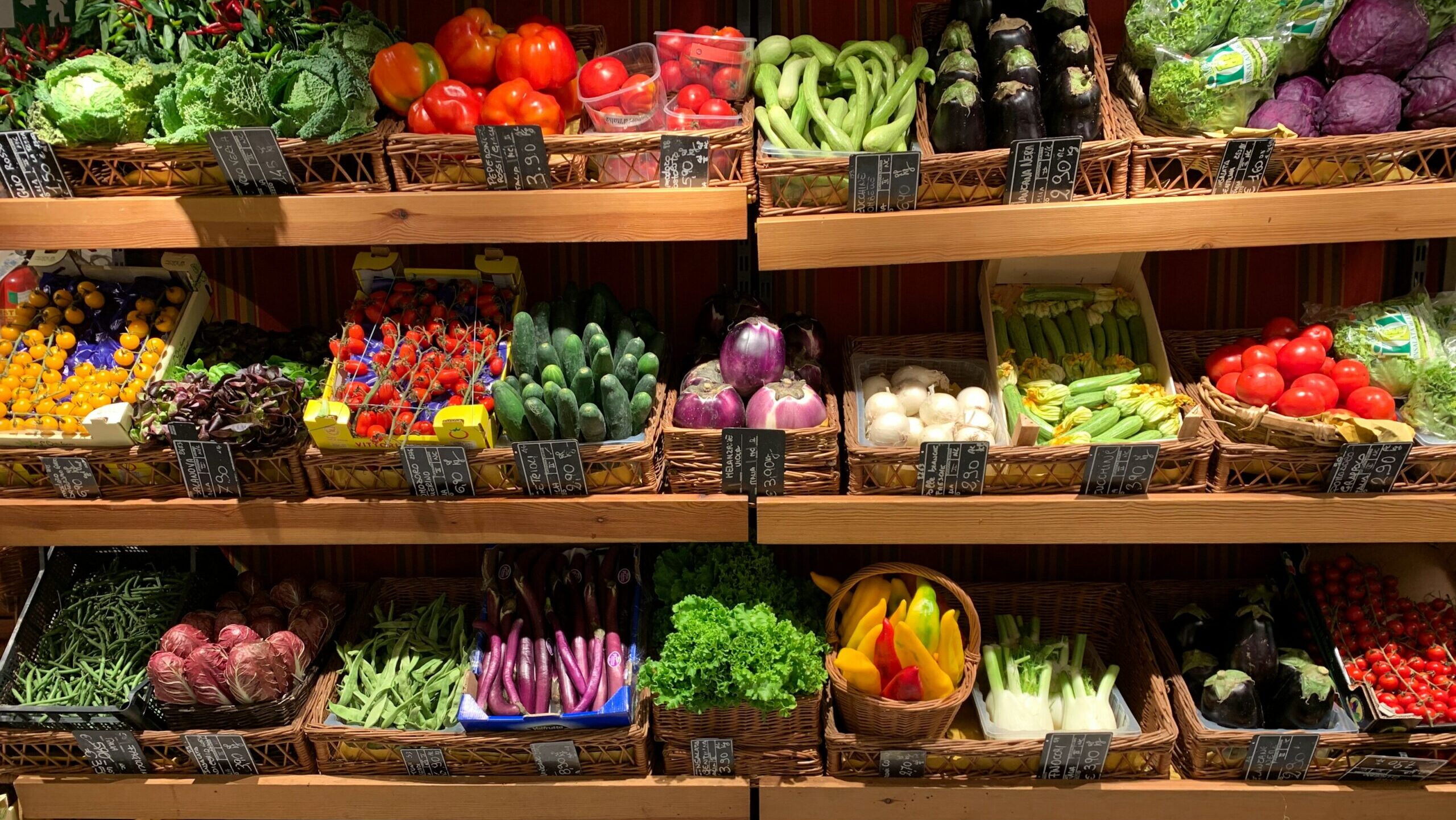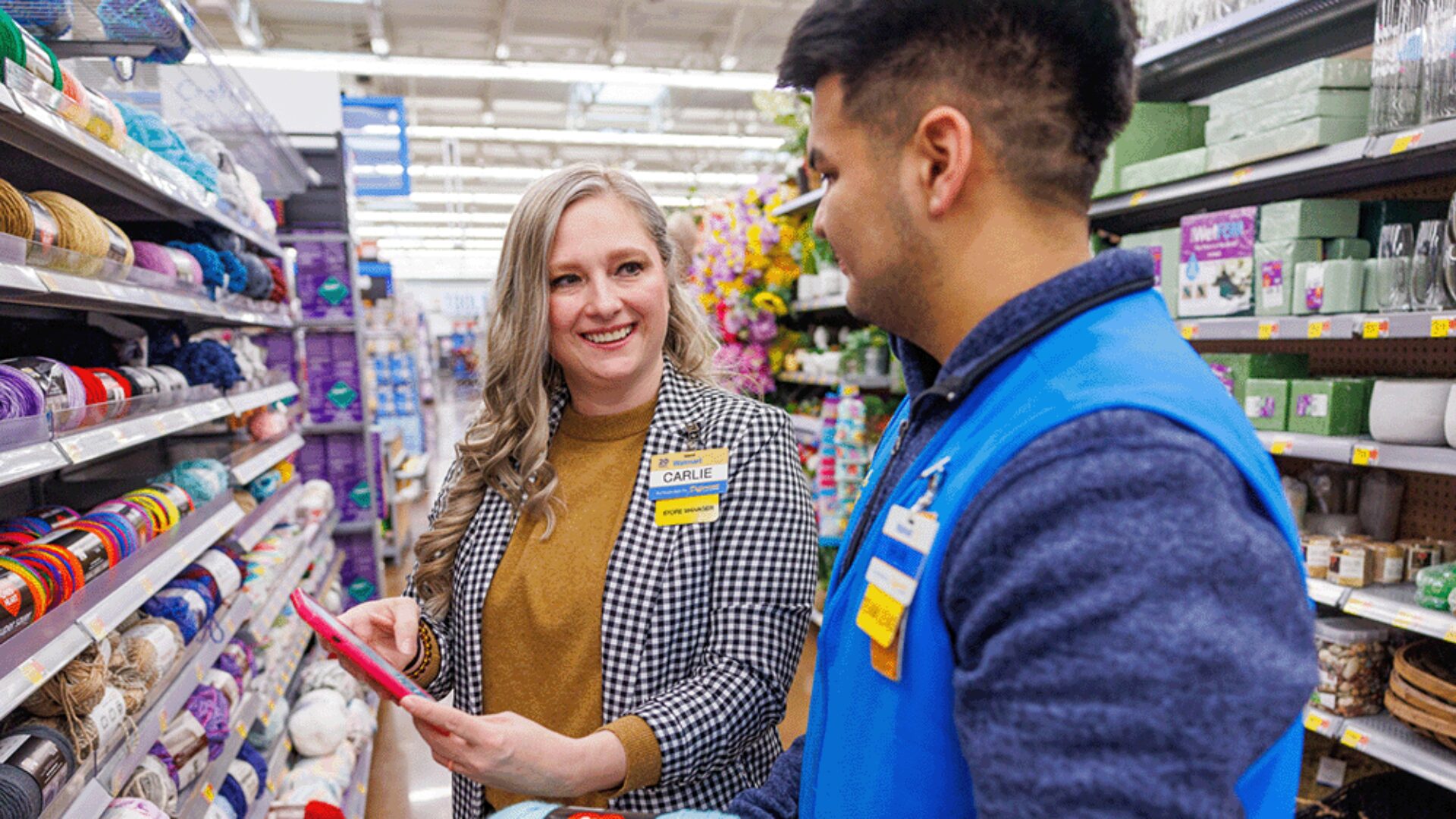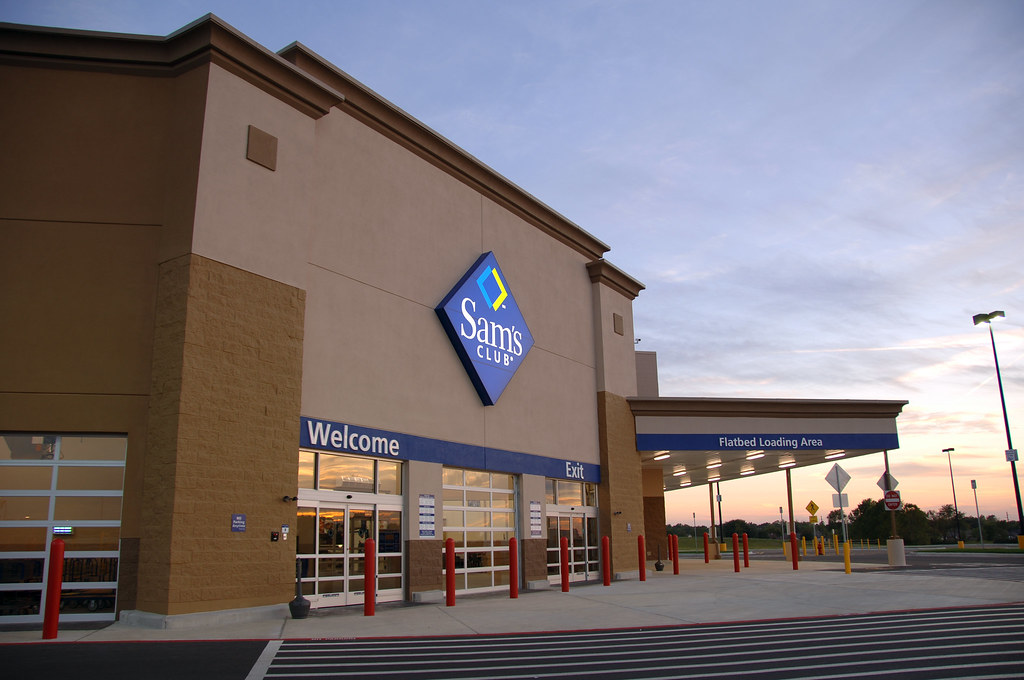News broke early Thursday that sent reverberations throughout the retail industry.
Kroger Co. was in talks regarding a merger with rival U.S. grocer Albertsons Cos. – a move that would create a grocery giant, considering the grocers have a combined market value of about $50 billion. On Friday morning, Kroger and Albertsons eventually did announce plans to team up; The companies said Kroger agreed to buy Albertsons for $34.10 a share in a deal valued at $24.6 billion, reported CNBC.
Bloomberg first reported news of the merger talks on Thursday.
The merger gives the combined entity increased purchasing power, among other advantages over most competitors. Kroger has nearly 2,800 stores in 35 states operating under 28 different names. Albertsons Companies is comprised of more than 2,200 stores operating under 20 banners across 34 states and the District of Columbia.
The consolidation of such major supermarket chains can be looked at from two perspectives, according to Sean Turner, the chief technology officer with Swiftly Systems.
“From the business side, they gain the access to greater resources and will have increased buying power to address long-term efficiencies,” Turner told The Food Institute. “On the other hand, consolidation could lead to price hikes, which would be hard for consumers to absorb in today’s (inflationary) environment.”
The merger also signifies how important scale is in the grocery industry, said Wes Wright, the CEO of CookOut News.
“Generating scale through larger operations can help combat inflation through the supply chain and maintain margins,” said Wright, who has nearly a decade of experience with business acquisitions. “Based on 2021 results, Kroger and Albertsons are the fourth and fifth largest grocers in the U.S. by revenue. By combining, they’ll be larger than Costco on a revenue basis and a stone’s throw away from Amazon.”
However, the transaction figures to face scrutiny from U.S. antitrust authorities. Jennifer Bartashus, an analyst at Bloomberg Intelligence, said the practicality of the transaction achieving regulatory approval by the FTC could be difficult.
“Kroger is already the largest supermarket chain, but the merged company (will) have more than double the next largest supermarket chain on a store count basis,” Wright noted. “They will see advantages by instantly gaining access to markets that Albertsons is in and vice versa. Also, they will see benefits on the cost side by a reduction in advertising, warehousing, and transportation costs from the scale of a combined operation.”
Meanwhile, Turner noted: “Although Amazon and Walmart have dominated online grocery for years, the consolidation of two supermarket giants like Kroger and Albertsons will ultimately create some fierce competition in the market.”
By joining forces, he theorized, Kroger and Albertsons can combine resources and focus on implementing the technology they need to help accelerate and grow their online grocery business.












